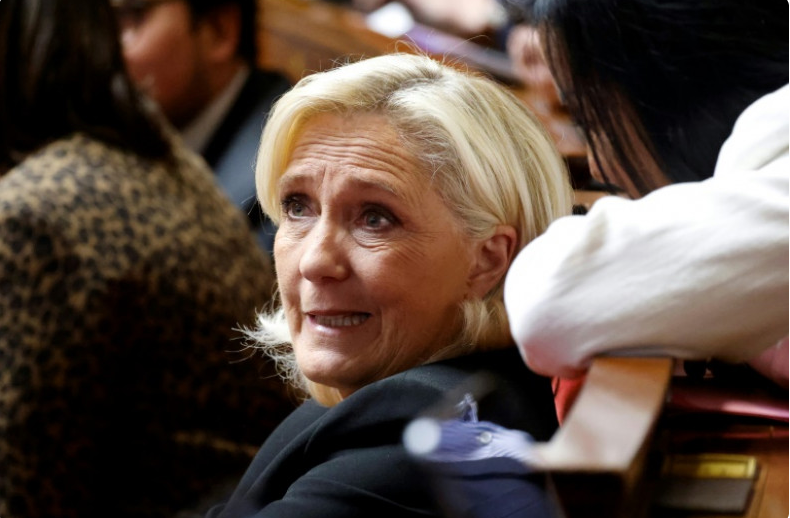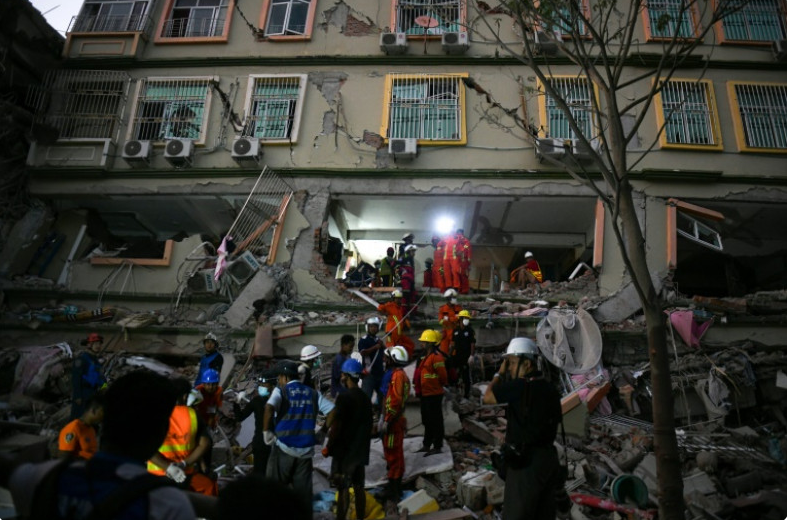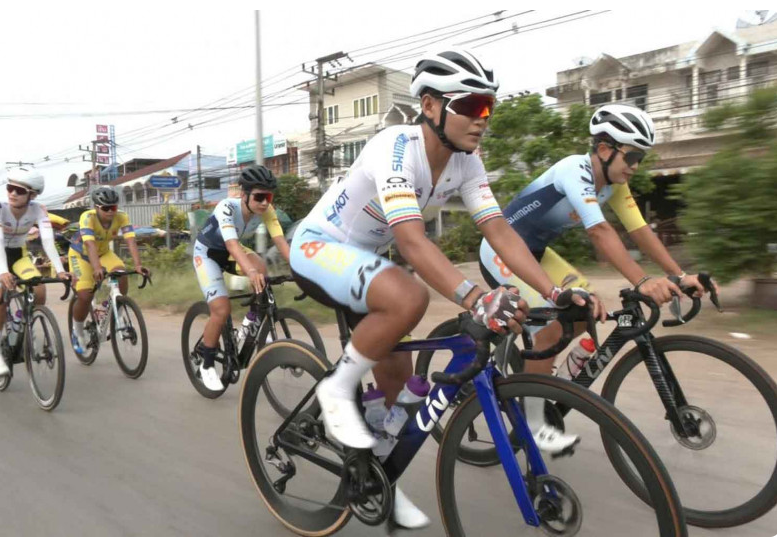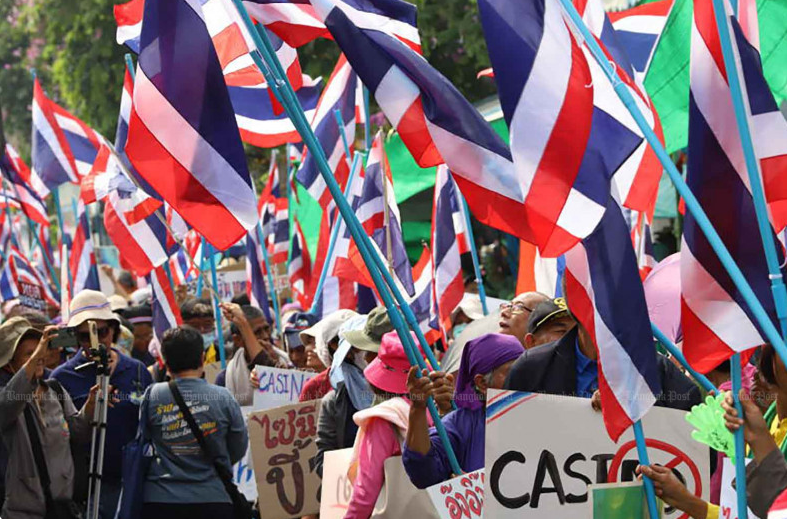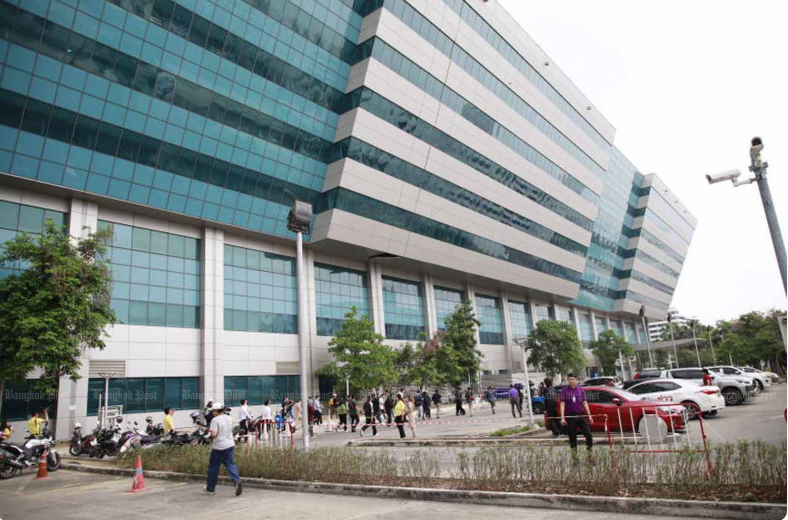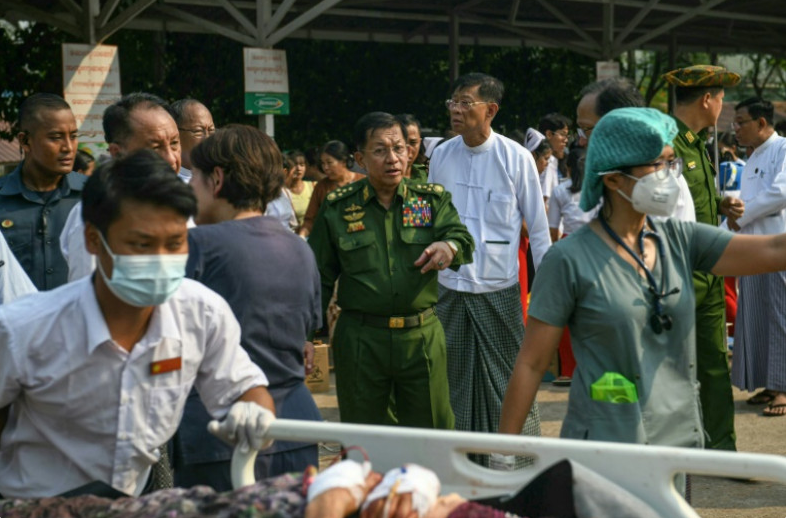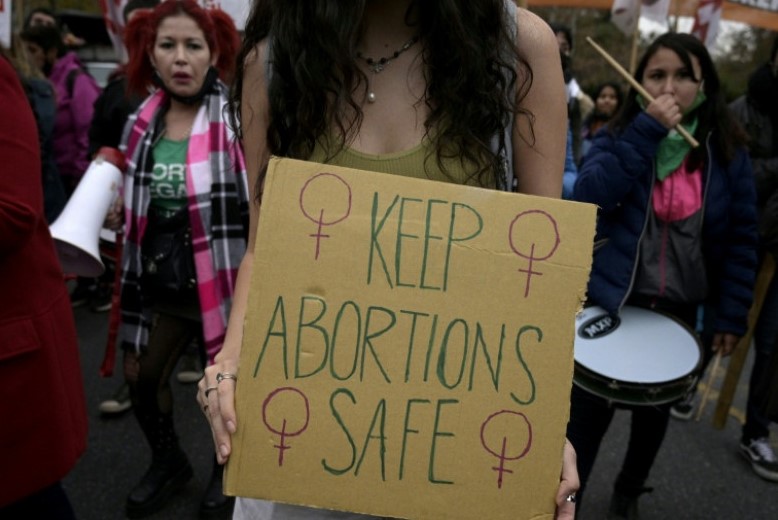Milei’s threatens abortion access in Argentina
BUENOS AIRES — Four years after Argentina became the first major Latin American nation to legalize abortion, women are struggling to access terminations, critics say, after President Javier Milei’s “chainsaw” economics and anti-feminist diatribes.
At a women’s sexual health N.G.O. in the town of Chivilcoy, 160 kilometers (about 100 miles) west of Buenos Aires, abortion pills are dispensed cautiously from diminished state-sponsored stockpiles.
Every week, around 15 women in Chivilcoy ask for misoprostol and mifepristone — two medications used to interrupt a pregnancy — but some go home empty-handed now, Cecilia Robledo, a local councilor who runs the organization, told AFP by telephone.
Health centers and family planning clinics in multiple provinces have been reporting shortages of abortion pills and condoms after the national sexual health program was drastically cut.
According to government statistics, supplies declined almost 65 percent in the year to September 2024.
In 11 years of advising women on how to deal with unplanned pregnancies, Robledo said she had had to deal with “a lot of obstacles but never something so brutal as this.”
A fierce admirer of US counterpart Donald Trump, Milei has also slashed budgetary funding for a program credited with halving the number of pregnancies in girls aged 15-19 in the poorest provinces of northwest Argentina between 2017 and 2023.
Provincial governments were left with the bill of the program, even as the central government cut funding for them.
As a result, Robledo said, there has also been a rise in women seeking repeat abortions.
‘No hay plata’ –
Menem had siphoned money in the 1990s from the economy to the government — “to adhere to the neoliberal dictat,” as he put it — and Milei, who ran for president carrying a chainsaw to signal how committed he is to hack the public budget to pieces, has a stock response to protests against that:
“No hay plata (there’s no money),” says the maverick economist, who likes to brag about taming inflation and delivering Argentina’s first budget surplus in more than a decade last year.
But he has also spoken out against abortions.
In January, at the World Economic Forum in the Swiss town of Davos, he attacked “radical feminism” and “wokeism,” and blamed “these groups” as “promoters of the bloody, murderous abortion agenda.”
His government claims it has no intention of repealing the abortion law from 2021, and a bill put forward by a member of Milei’s party last year garnered no support.
Yet, as Lala Pasquinelli, a feminist activist and a lawyer, said, even if the law existed in the statute books, Argentines could lose the right to terminate a pregnancy “in practice” for lack of funding.
REDAAS, a network of health professionals and rights experts that tracks access to abortion, reported a growing misinformation campaign and stigmatization of women seeking terminations, as well as of the health professionals who deliver them.
Robledo said the stigma is pervasive in the reasons women give for seeking abortions.
Previously, a majority pointed to life choices, but now offered economic reasons, she added.
Doctors in some cities already decline to perform abortions on conscience-based grounds, permitted by law.
Ideological battle –
Activists have said the elimination of price controls on medicine is tightening the squeeze on women, who are already being forced to pay out of pocket for abortion pills.
“Women are paying the price for this government’s policies,” said Patricia Luppi, one of hundreds of feminists at a meeting this week to plan an International Women’s Day march on Saturday in Buenos Aires.
Besides limited access to abortions, feminists have also pushed back against government reductions to programs listening to victims of gender violence and reform plans that would scrap harsher prison sentences for murders deemed femicides.
“This is not a question of economics, but one of ideology,” said Marta Alanis, an activist.
“They are opposed to all the advances made by feminists.

